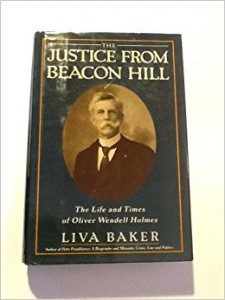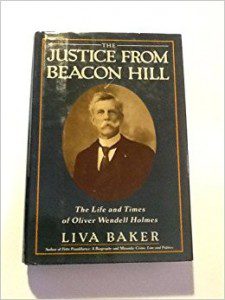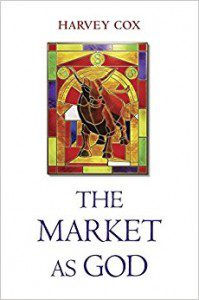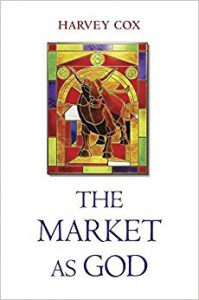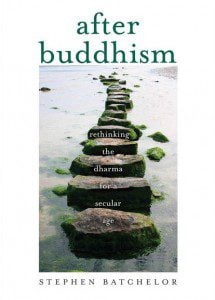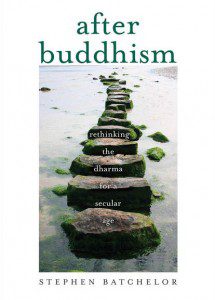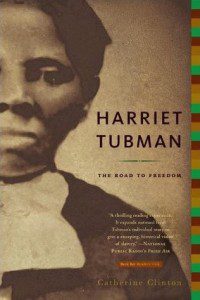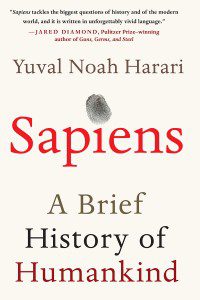(This post is a continuation of my previous post on The Legacy of Oliver Wendell Holmes, Jr. — for Today.) In 1902, President Theodore Roosevelt appointed Holmes to the United States Supreme Court. Despite Holmes’s accomplishments, the single greatest factor that led to his Supreme Court appointment is that in the summer of 1884 Holmes had been one of the few people who publicly stood by his friend Henry Cabot Lodge during a political controversy. Although Holmes did not know it... Read more


